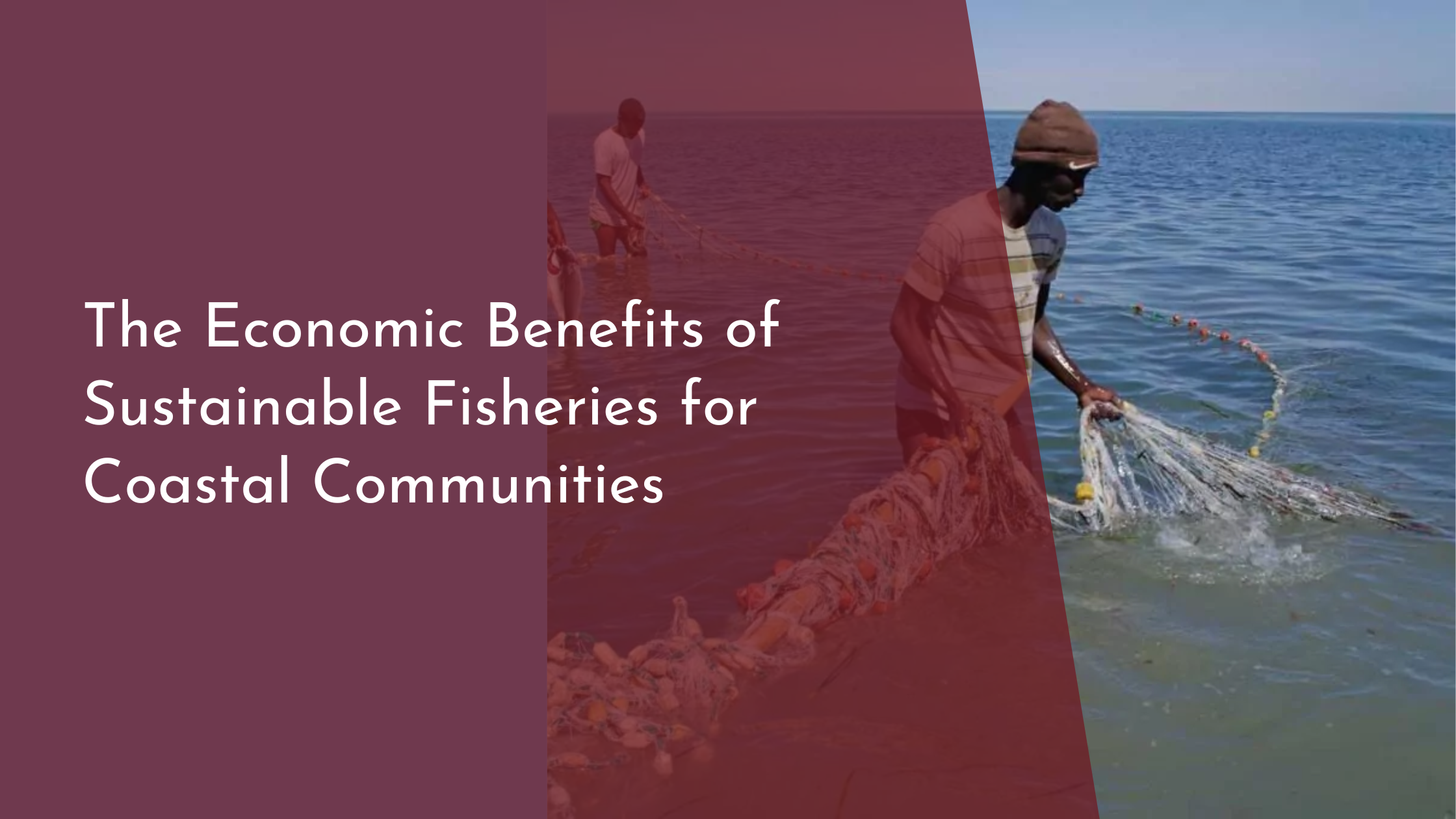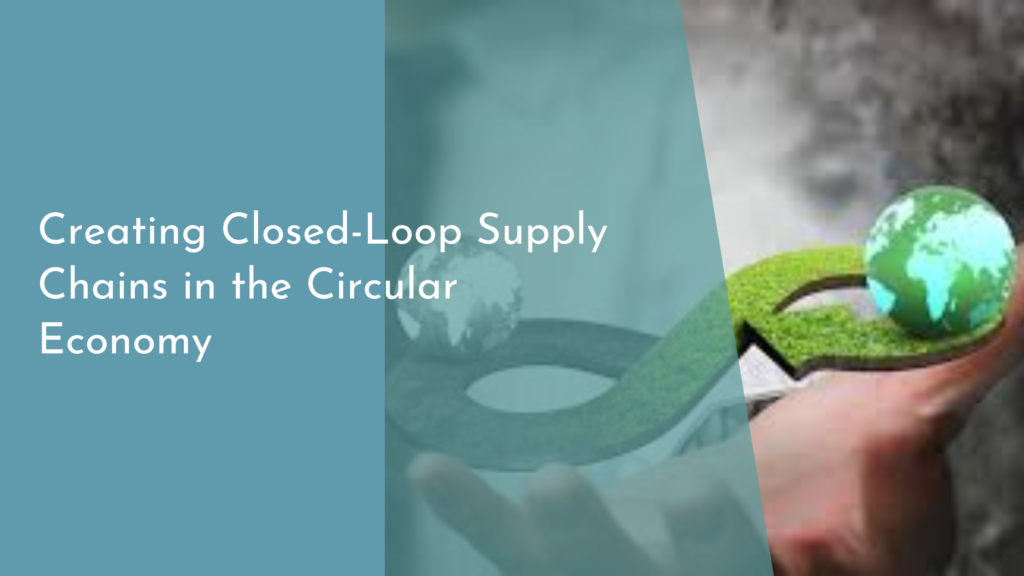The Economic Benefits of Sustainable Fisheries for Coastal Communities
Sustainable fisheries have emerged as a beacon of hope for coastal communities worldwide, offering a harmonious blend of economic growth, environmental stewardship, and social well-being. As the global demand for seafood continues to rise, adopting sustainable practices in fisheries not only ensures food security but also empowers local economies. This article delves into the multifaceted benefits that sustainable fisheries bring to coastal regions, highlighting their potential to transform livelihoods and ecosystems for the better.
Introduction to Sustainable Fisheries
Sustainable fisheries are an approach to fishing that ensures fish populations are maintained at healthy levels over the long term. This method involves regulating fishing efforts, implementing catch limits, and protecting vital habitats to prevent overfishing and depletion of marine resources. By prioritizing the health of fish stocks and ecosystems, sustainable fisheries aim to provide a continuous supply of seafood without compromising the needs of future generations. This approach is increasingly gaining attention as a viable solution to the challenges posed by overfishing and environmental degradation.
In addition to ecological benefits, sustainable fisheries offer significant economic advantages. They create a stable and predictable supply of fish, which can lead to improved market stability and higher prices for fishermen. By reducing the risk of stock collapse, sustainable fisheries help to maintain the livelihoods of those who depend on fishing, while also supporting related industries such as processing, distribution, and tourism. This holistic approach not only benefits the environment but also contributes to the economic resilience of coastal communities.
Boosting Local Economies Through Fisheries
Sustainable fisheries serve as a critical economic engine for coastal communities, providing employment opportunities and supporting local businesses. By ensuring a steady and reliable supply of seafood, sustainable fisheries help stabilize income for fishermen, reducing the economic uncertainty that comes with fluctuating fish stocks. This stability allows fishermen to invest in better equipment, training, and technology, further enhancing their productivity and income.
Moreover, sustainable fisheries contribute to the broader economic ecosystem by supporting ancillary industries such as fish processing, packaging, and transportation. These industries create additional jobs and stimulate local economic activity. For example, a thriving fish processing industry can attract investment in infrastructure and services, such as cold storage facilities and transportation networks, which in turn benefit other sectors of the economy. This ripple effect highlights the far-reaching economic impact that sustainable fisheries can have on coastal communities.
Environmental and Social Advantages
The environmental benefits of sustainable fisheries are profound, as they help preserve marine biodiversity and ecosystems. By adhering to sustainable practices, such as avoiding overfishing and protecting critical habitats, fisheries can minimize their impact on the environment and help restore degraded ecosystems. This, in turn, ensures that marine resources remain abundant and resilient, providing a lasting source of food and income for future generations.
Socially, sustainable fisheries play a vital role in enhancing community well-being and cohesion. By promoting equitable access to resources and fostering collaboration among stakeholders, sustainable fisheries can help resolve conflicts over resource use. Additionally, these fisheries often support educational initiatives and capacity-building programs that empower local communities with the knowledge and skills needed to manage their resources effectively. This empowerment leads to stronger, more resilient communities that are better equipped to face future challenges.
Conclusion: A Bright Future for Coastal Communities
Sustainable fisheries offer a promising path forward for coastal communities, combining economic prosperity with environmental stewardship and social cohesion. By adopting practices that prioritize long-term fish stock health, these communities can secure their financial future while safeguarding the ecosystems upon which they depend. The benefits of sustainable fisheries extend beyond the fishing industry, creating a ripple effect that stimulates broader economic growth and resilience.
As the world continues to grapple with the challenges of climate change and resource depletion, sustainable fisheries stand out as a beacon of hope for coastal communities. By embracing sustainable practices, these communities can ensure a steady supply of seafood, bolster their economies, and protect their natural environments for generations to come. With a focus on collaboration, innovation, and sustainability, the future for coastal communities looks bright and full of potential.


